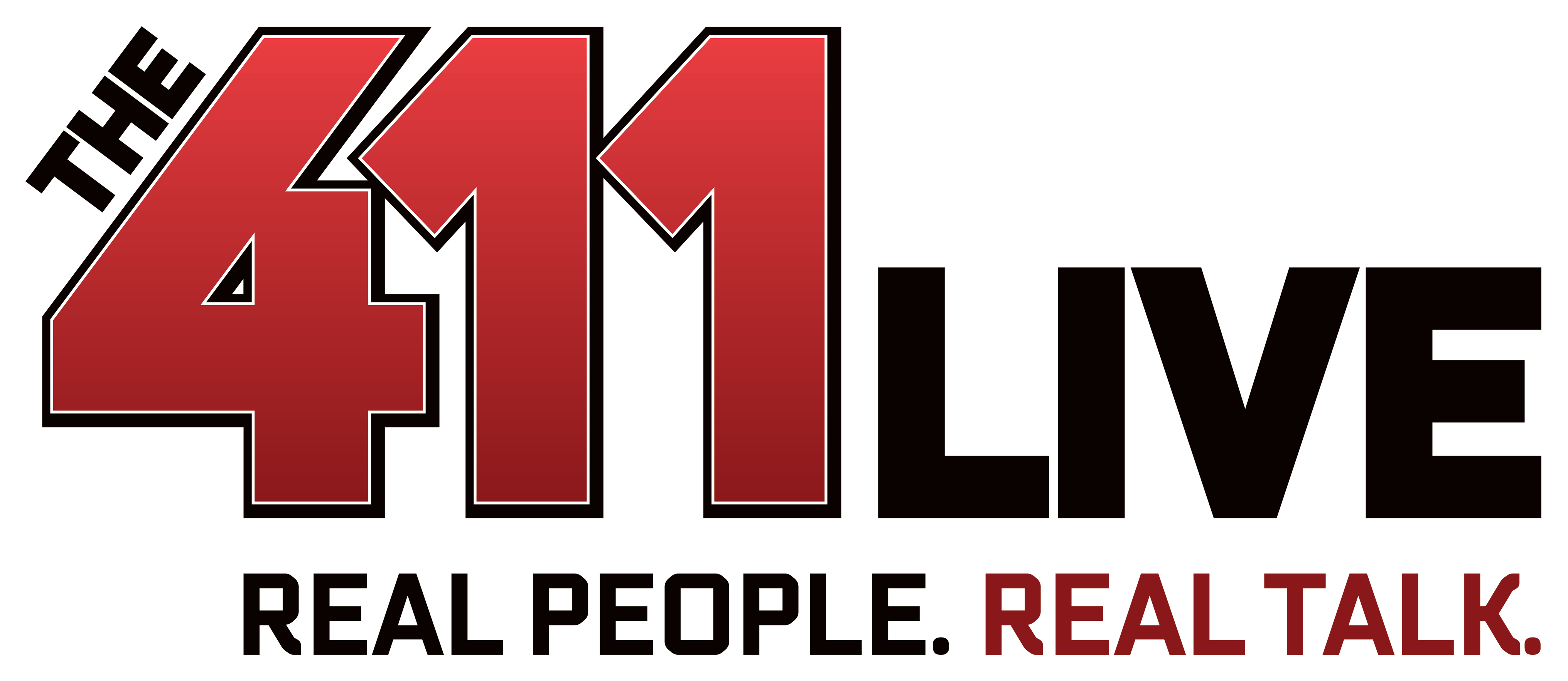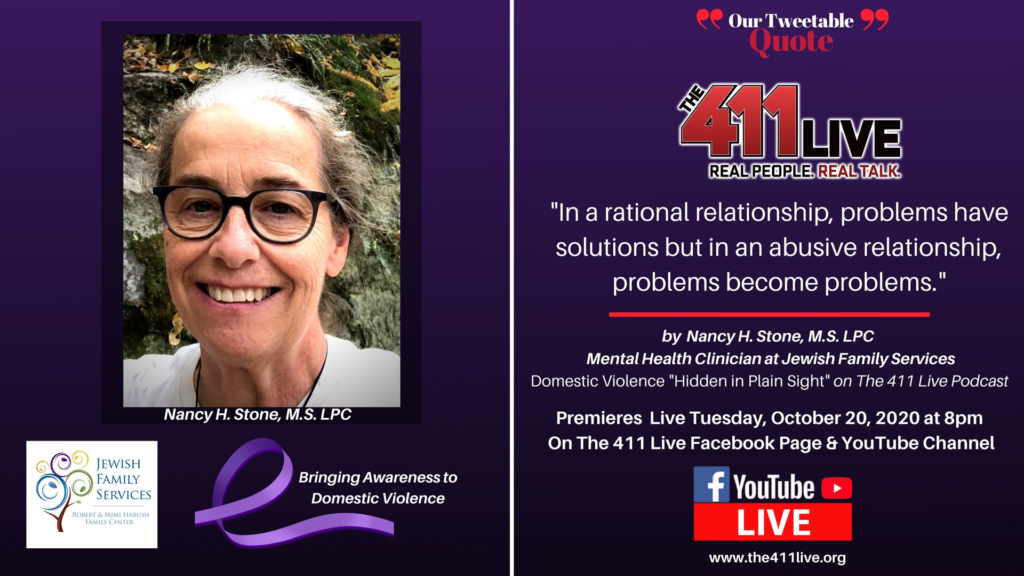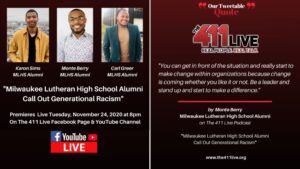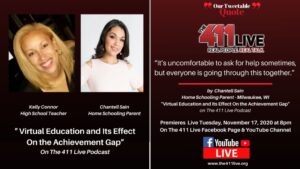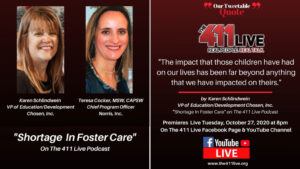By Emma Bonack
Domestic Violence Awareness Month
The month of October is Domestic Violence Awareness Month, and the 411 Live invited Nancy H. Stone M.S LPC, a professional mental health clinician at Jewish Family Services, to talk with the public about the prevalent issue. Beverly Taylor kicks off the podcast with the awareness that despite the month
dedicated to domestic violence, it happens year-round. “It is a problem. I read just last night and it said that nearly three out of four Americans personally know someone who has been a victim of domestic violence.
When you talk three out of four people, that means there are a lot of victims out there.” And there are a lot of victims. Nancy Stone confirmed the statistics that 1 in 3 women suffer from domestic violence. Just as disturbing is the fact that 1 in 6 men also suffer from domestic violence. It is so common, Beverly Taylor points out that in any friend group, there is a good chance it contains a victim of domestic violence. She says, “You just don’t know. So I say, hidden in plain sight.” Domestic violence does not hit a specific area of our community either.
Are you Letting Violence Into Your Life?
Nancy Stone tells us, “It doesn’t discriminate by age, and you know, every single area of our people’s lives, uh, their ethnicity, their economic status, their religion, their age can either become a victim or has been a victim of domestic violence.” Some might find it inconceivable to think so many people on so many different background levels and economic statuses are “letting” this violence into their lives, but Nancy explains that it starts with something as common as a bad day. She describes it in a way that makes it feel like anyone in a committed relationship could find themselves in a growing abusive relationship. ”An abuser is not abusive 100% of the time.” How many of us can say we’ve had bad days? How many of us can be honest about projecting those moods on our loved ones?
It’s an easier habit to fall into than society tends to believe. The most defining description Nancy delivered, however, was this, “In a rational relationship, problems have solutions. In an abusive relationship, solutions become problems.” This is the key to finding domestic violence in the lives of those around you. Abuse can take multiple forms, not just physical. Nancy lists three other forms domestic violence takes on: Emotional and Verbal Abuse, Sexual Abuse, and Spiritual Abuse. She points out the hardest part of domestic violence is that it can make victims feel ashamed for “getting” themselves into the situation. It can make them feel ashamed for not being able to get themselves out of the situation.
How You Can Help
Nancy tells us, “What we do know is that when a person begins to think about, ‘Can I stay, should I leave?’ We also know from statistics that our level of danger goes up.” The best direction our community can take to help those suffering from domestic violence around us is to be good listeners. It is easy to feel like friends in these situations need tough love, but Nancy reminds us, “My clients are already going through tough love. Dangerous love. What they need is compassion.” Listening is the key to showing love and support for someone who already feels alone and crazy. Those suffering from domestic violence have typically had their free will taken from themselves. Not only do they lose control of their lives, but they also lose pieces of themselves. That is why Nancy encourages us to “walk alongside them, but let them lead the way. Let them be in control of it.”
